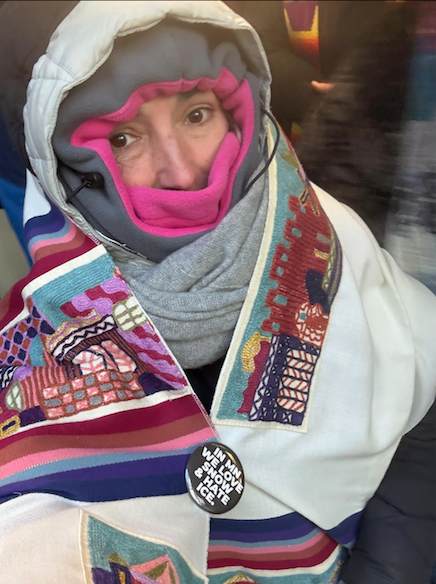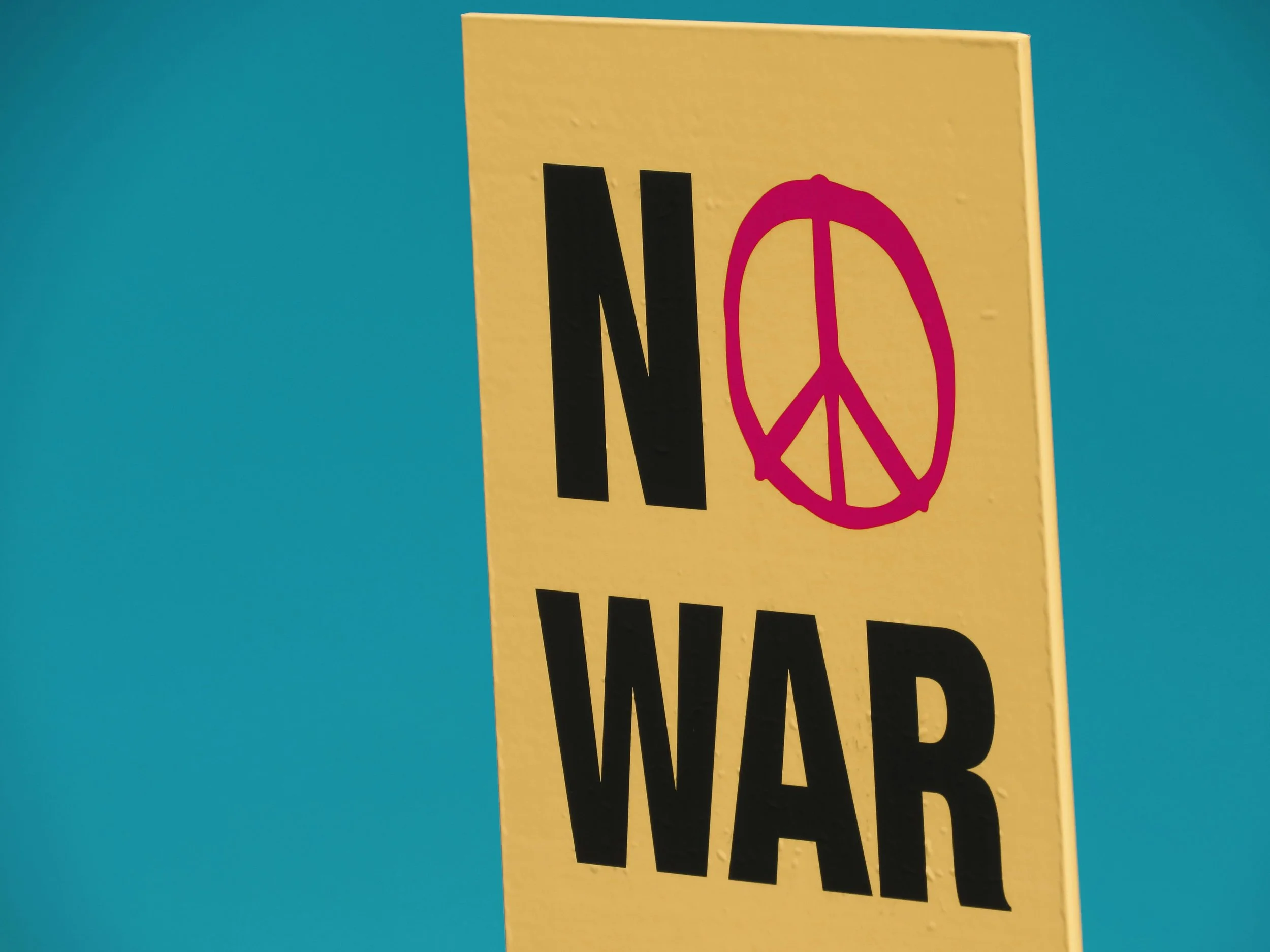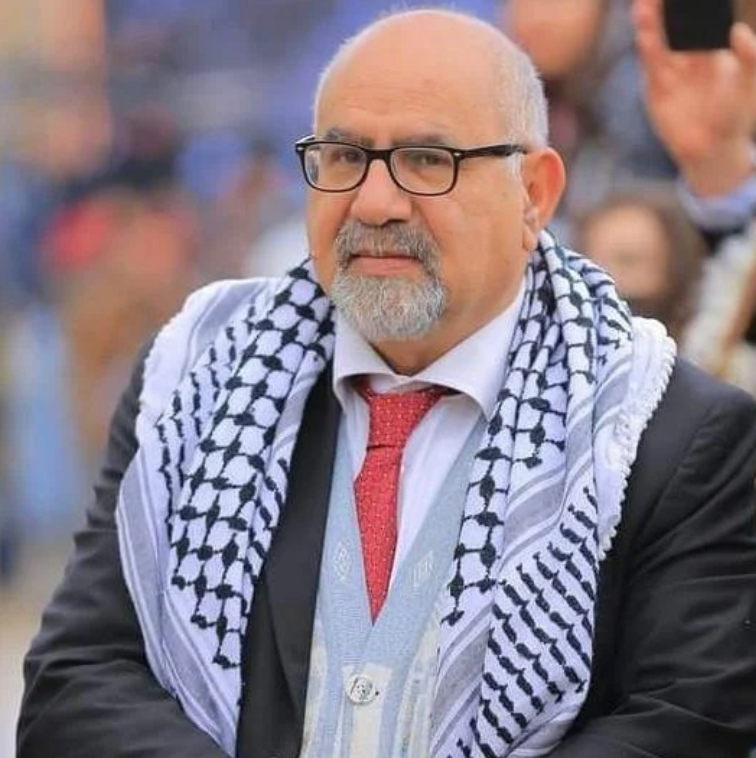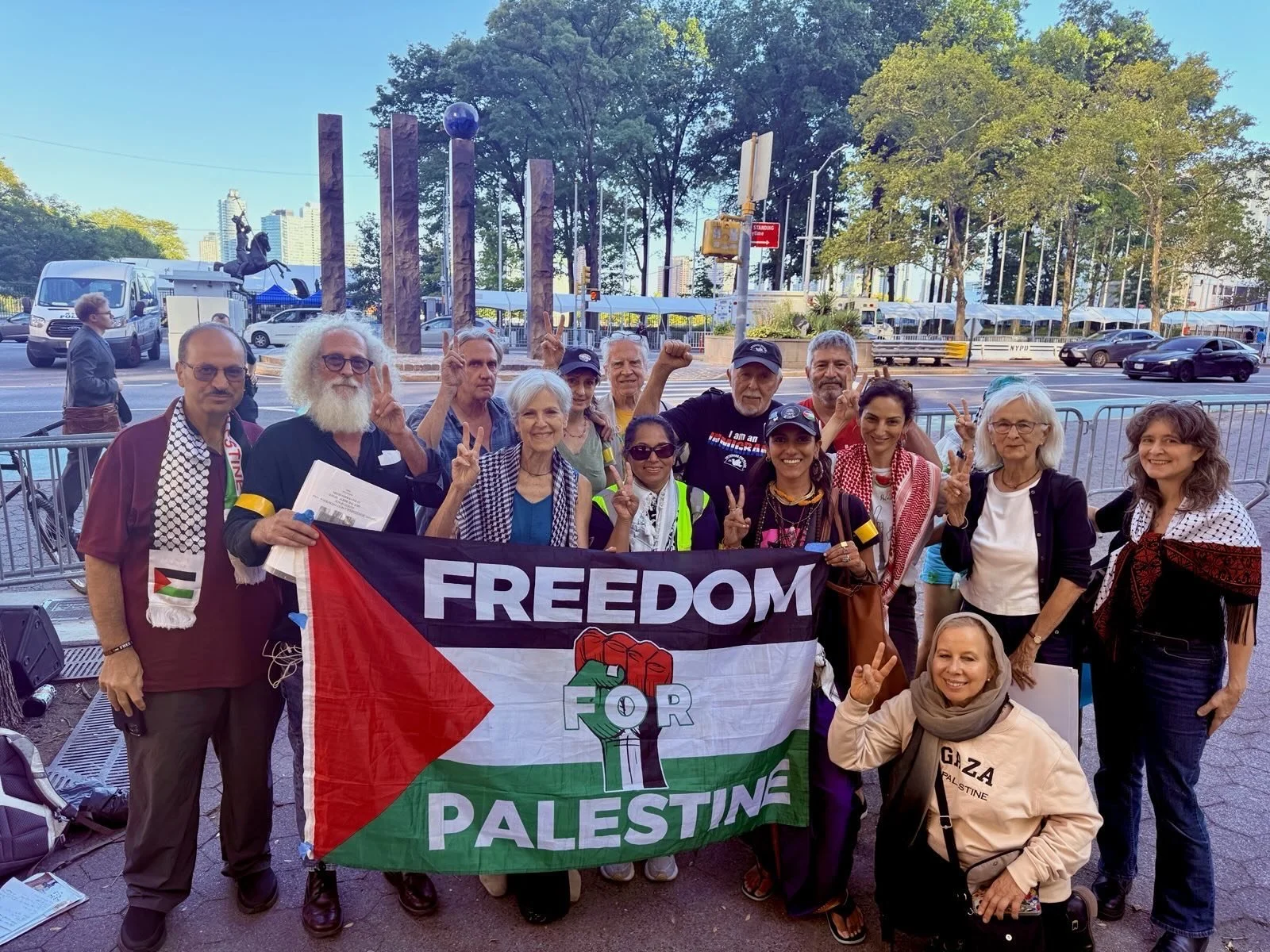How We Work
The International Secretariat
The IFOR international secretariat in the Netherlands co-ordinates communication among IFOR members, links branches to capacity-building resources and helps co-ordinate international campaigns, delegations and urgent actions.
IFOR has extensive working relationships with like-minded non-governmental organizations (NGOs) and civil society initiatives around the world. IFOR’s 100 years of expertise in active nonviolence is recognized and respected by these NGOs and many others.
IFOR's International Coordinating Bodies
Every four years, IFOR member organizations send delegates to an international council that helps determine the shape of IFOR’s work in the years to come. At that council two primary bodies are chosen.
Representative Consultative Committee
The Representative Consultative Committee gives regional and demographic balance in the years following council. The RCC takes on a variety of tasks to help guide the fellowship and assist with coordination and governance.
You can find a list of our board members here.
International Committee
The principle governing body between international Councils. The International Committee (ICom) is responsible for determining the shape of work of the Secretariat and ensuring the overall health of the IFOR community and organization.
You can find a list of our board members here.





